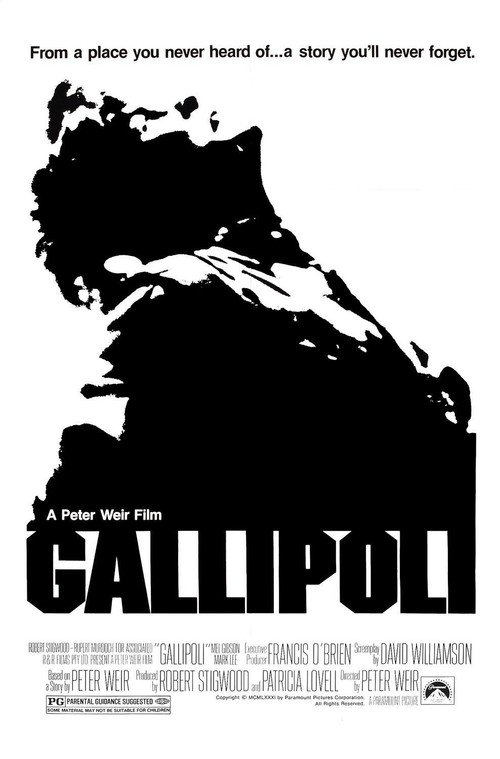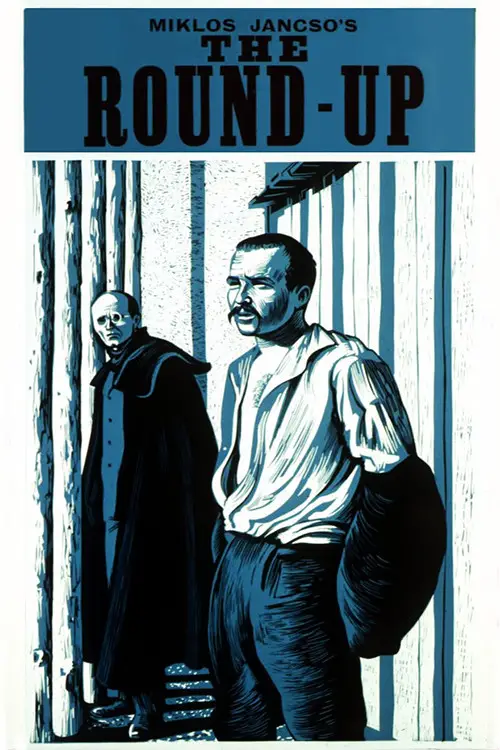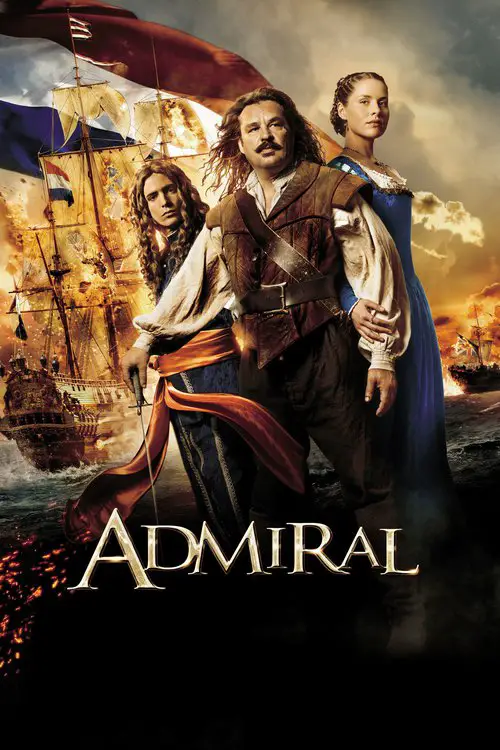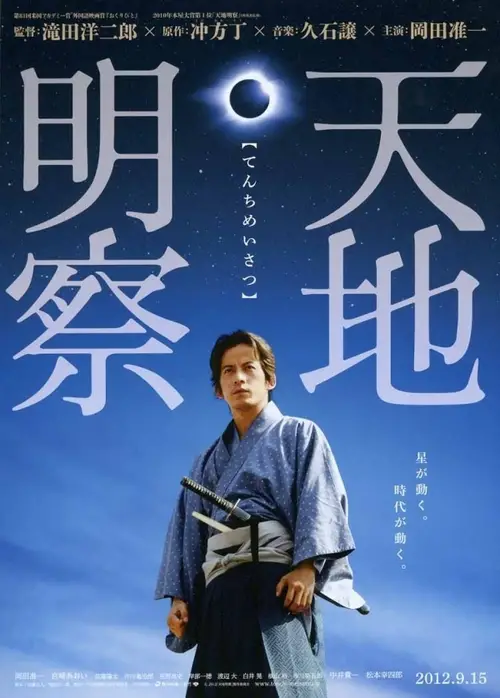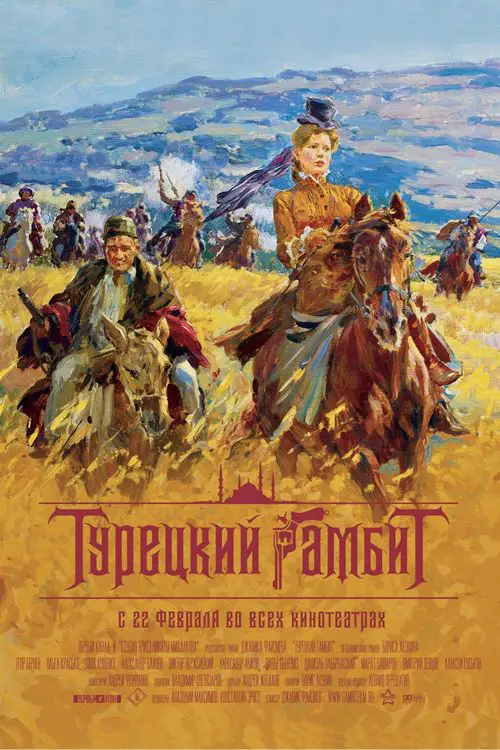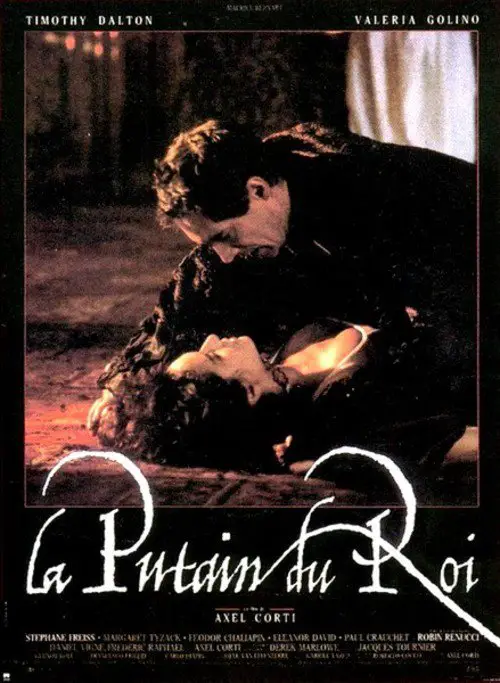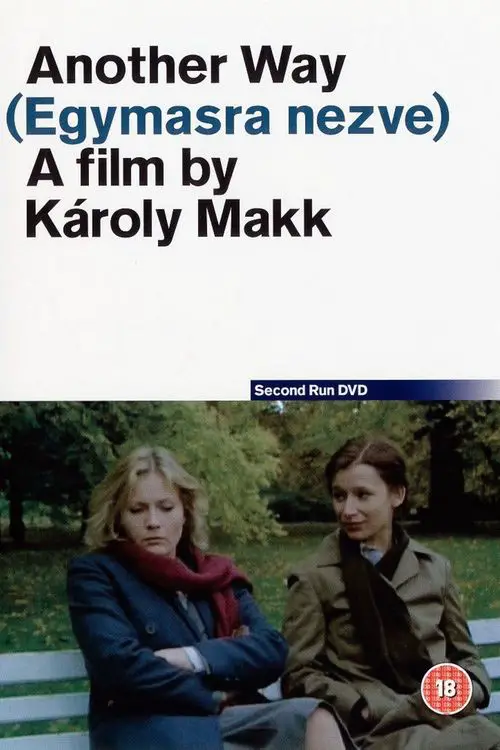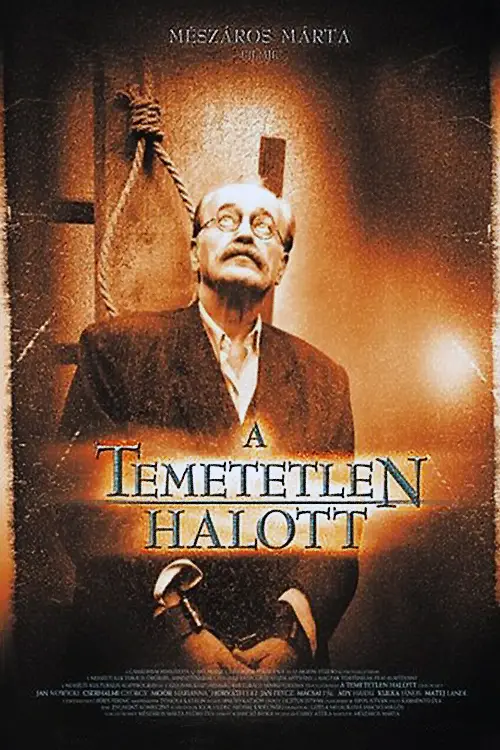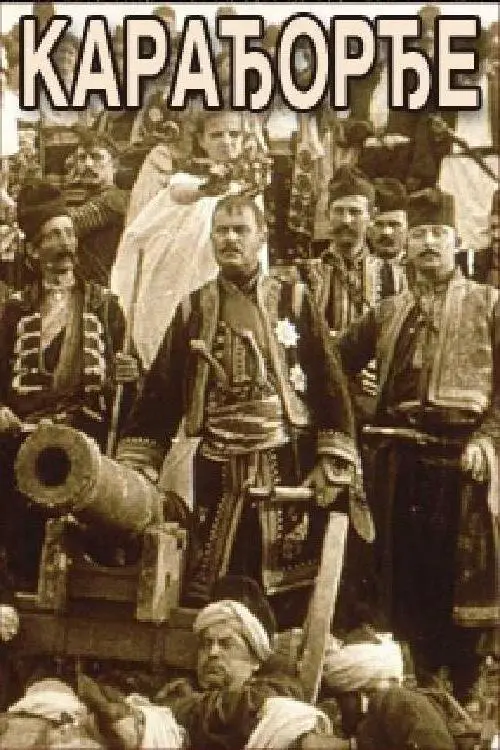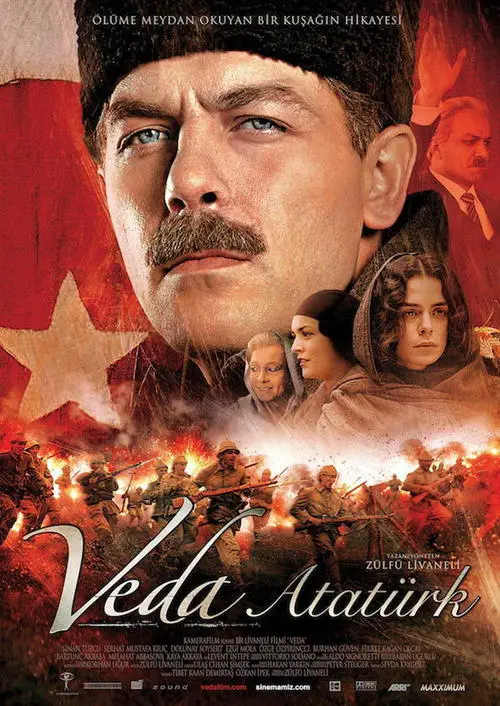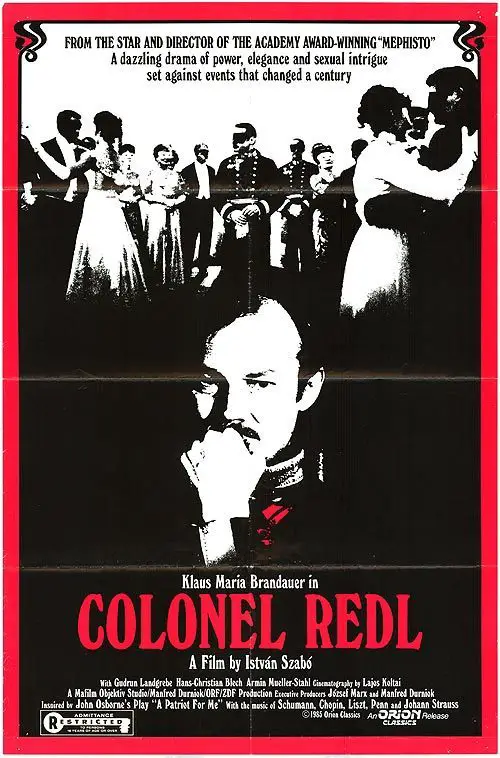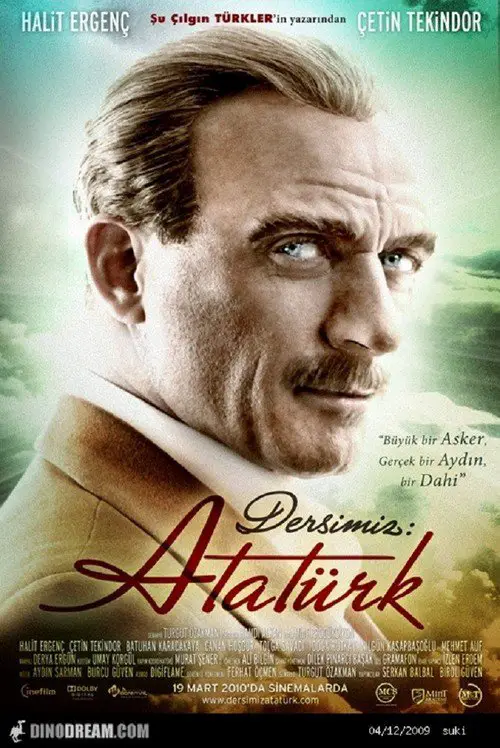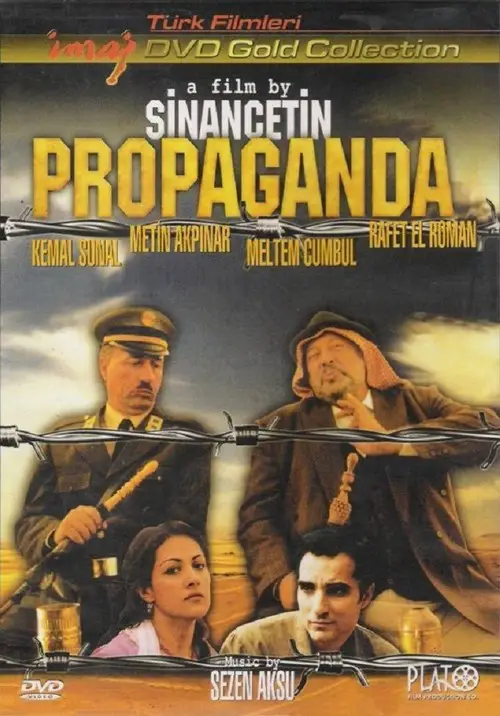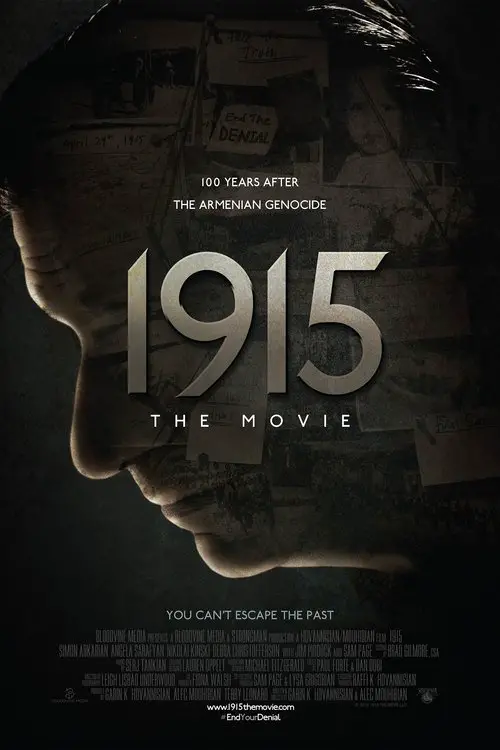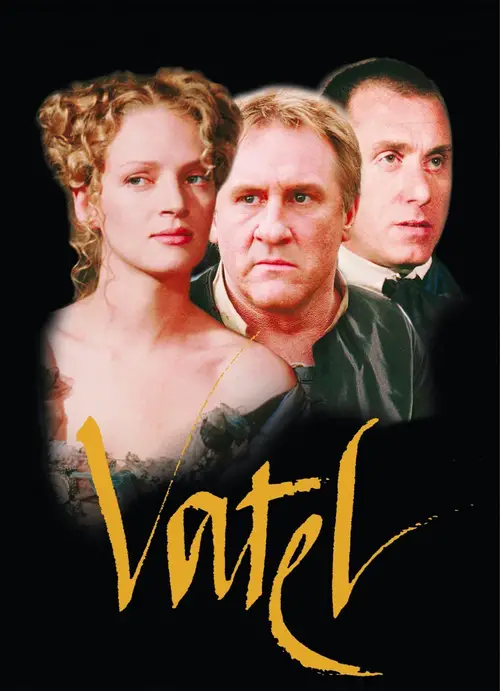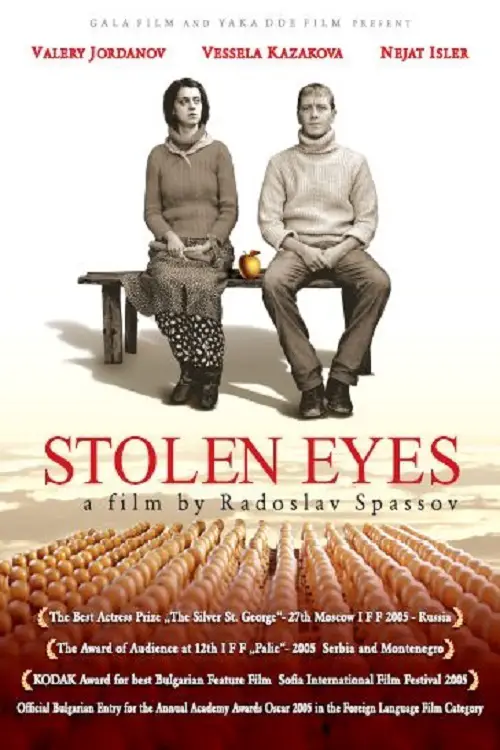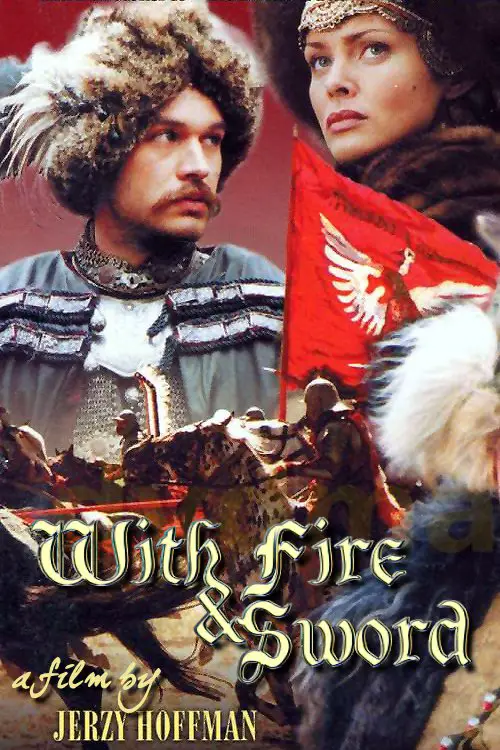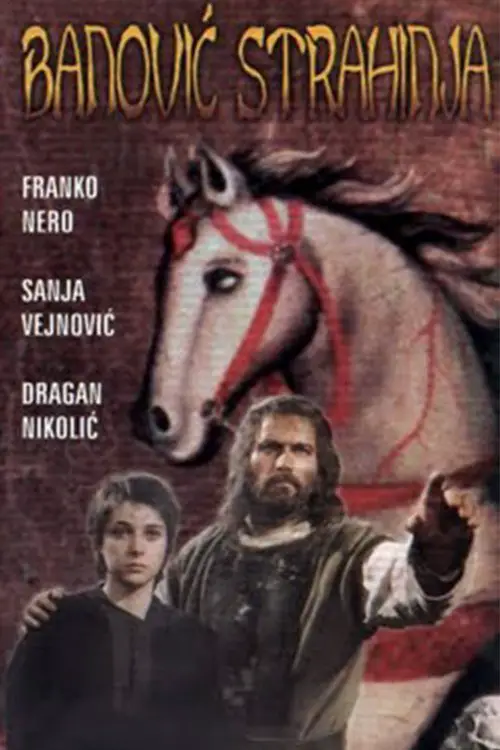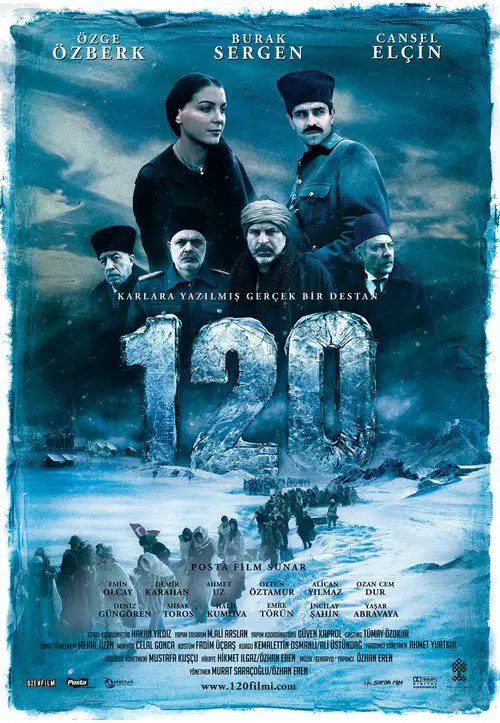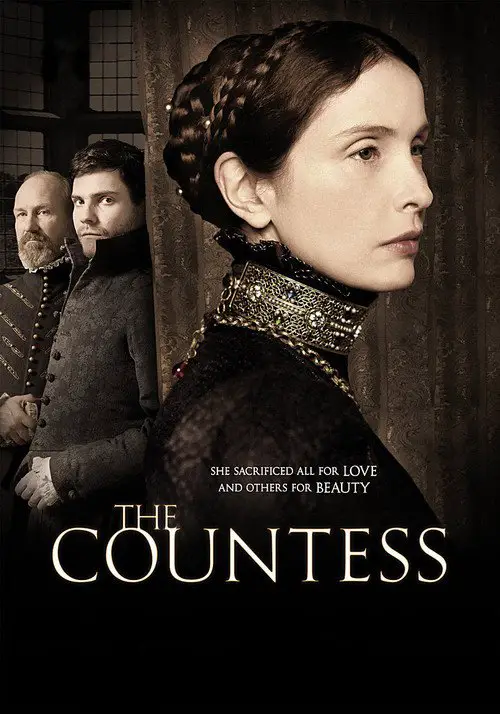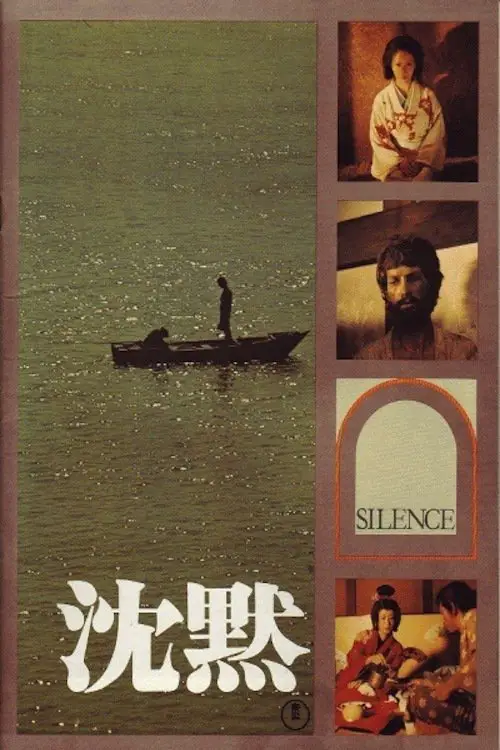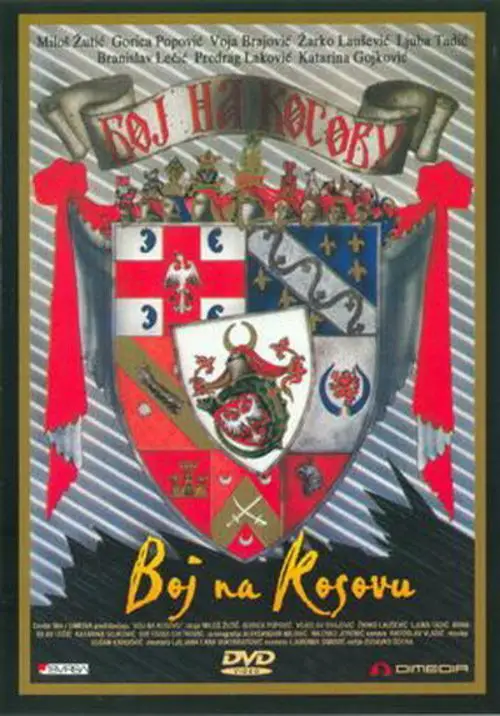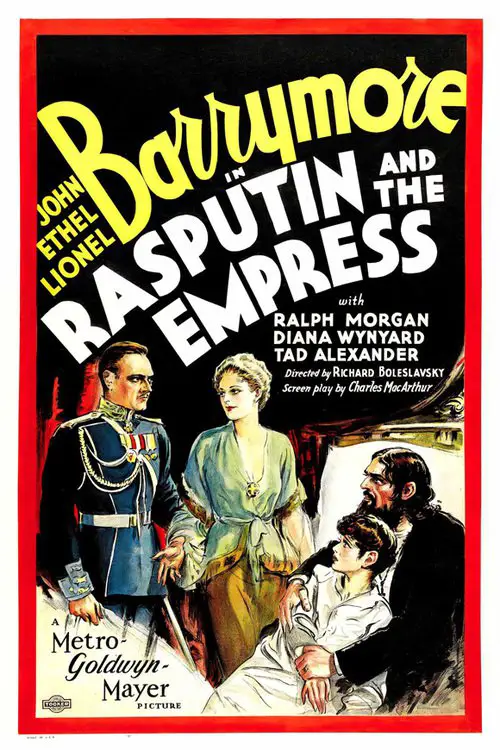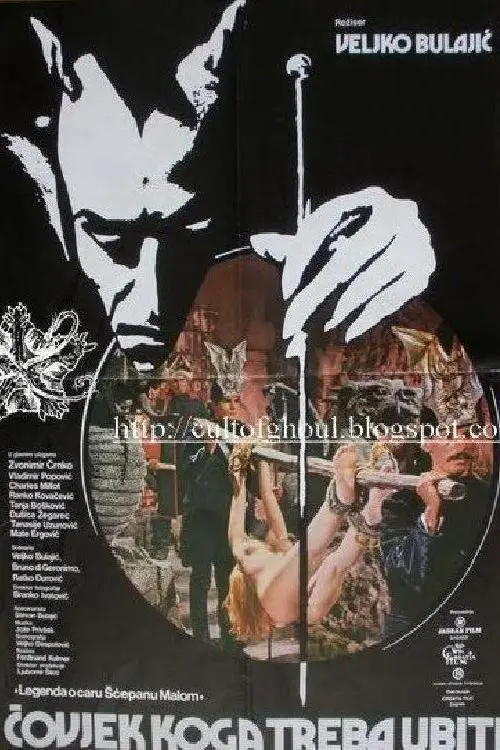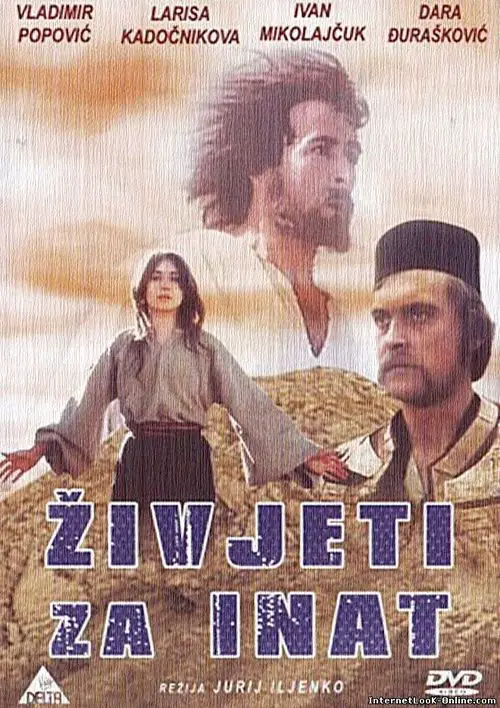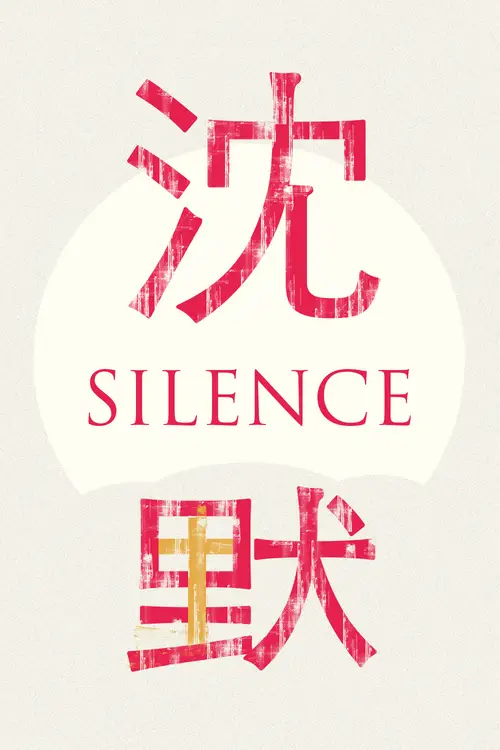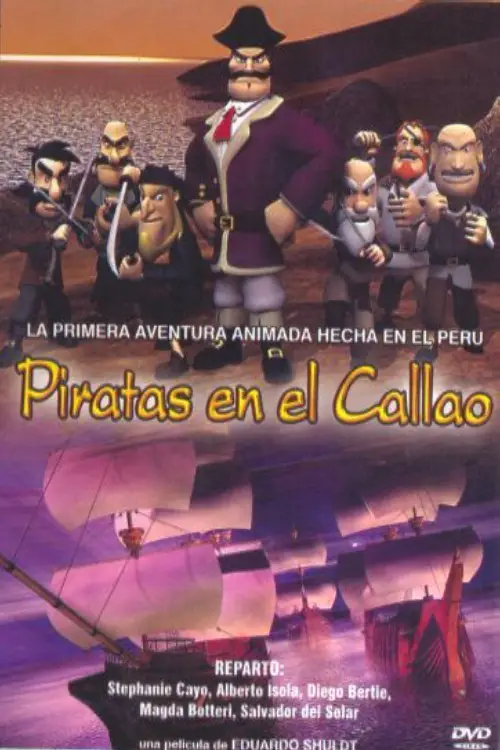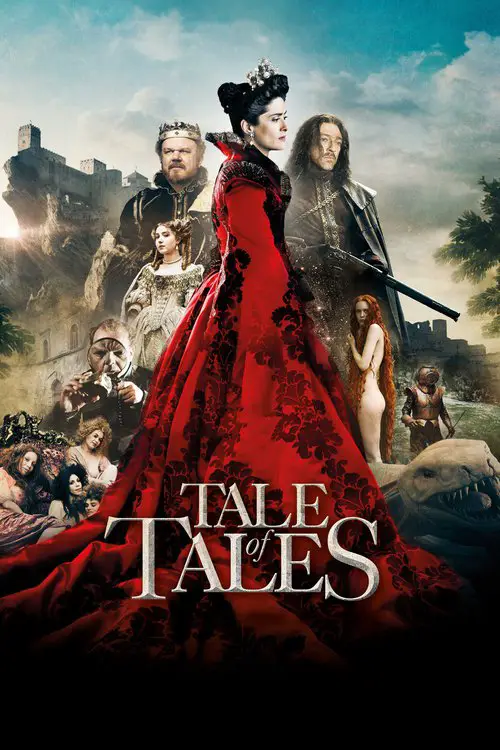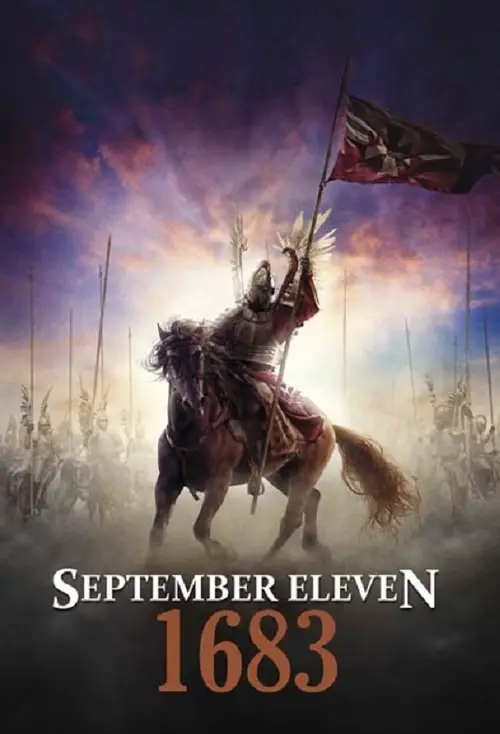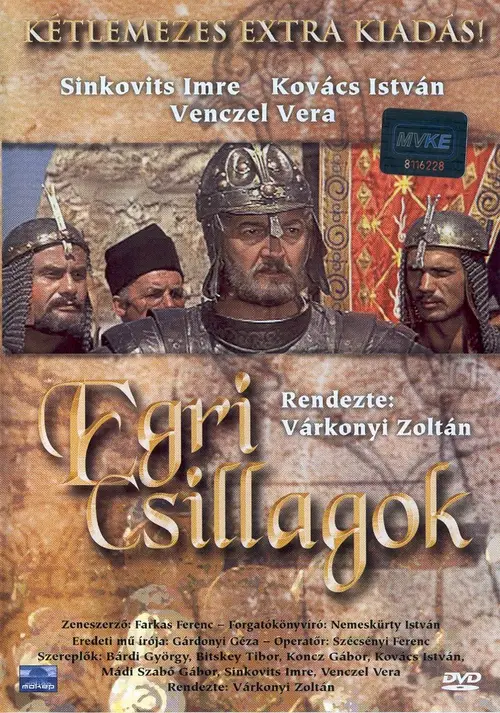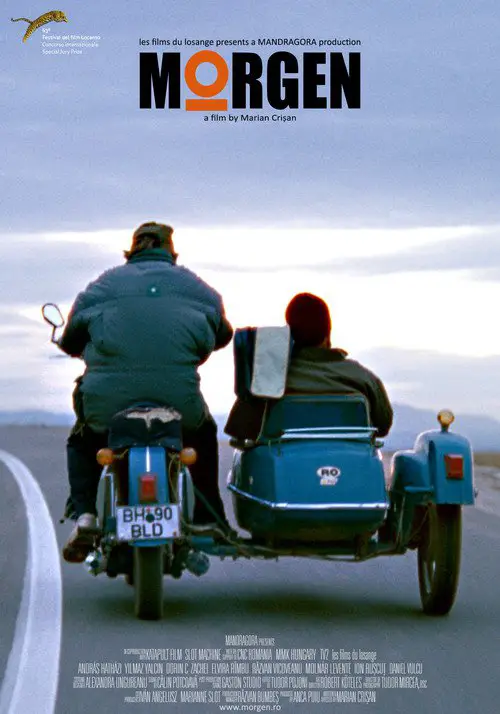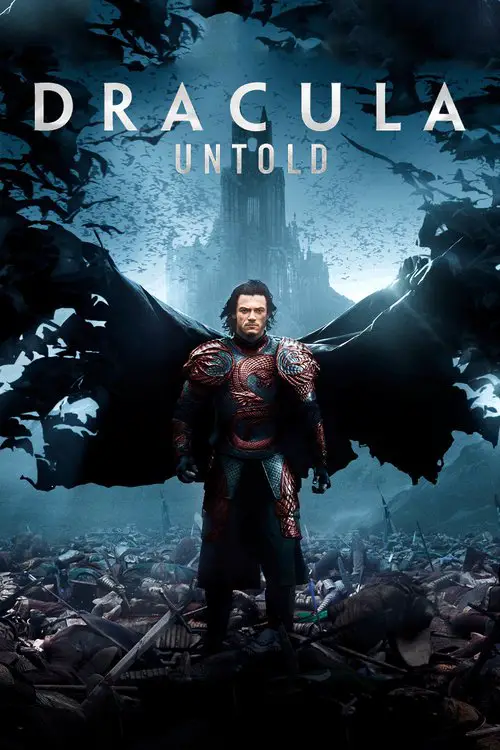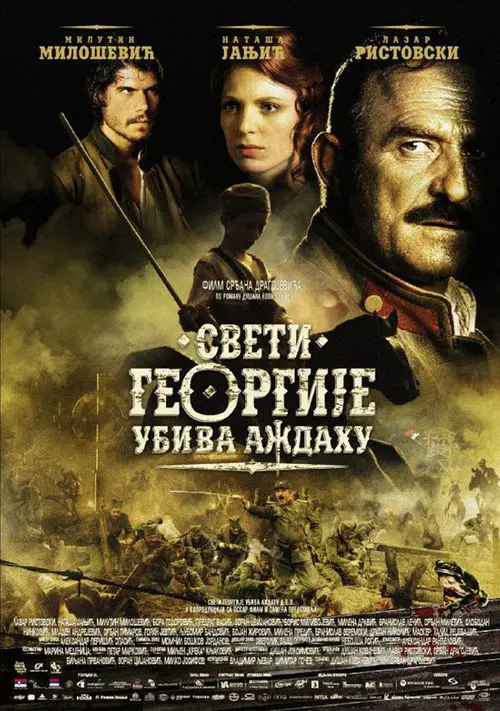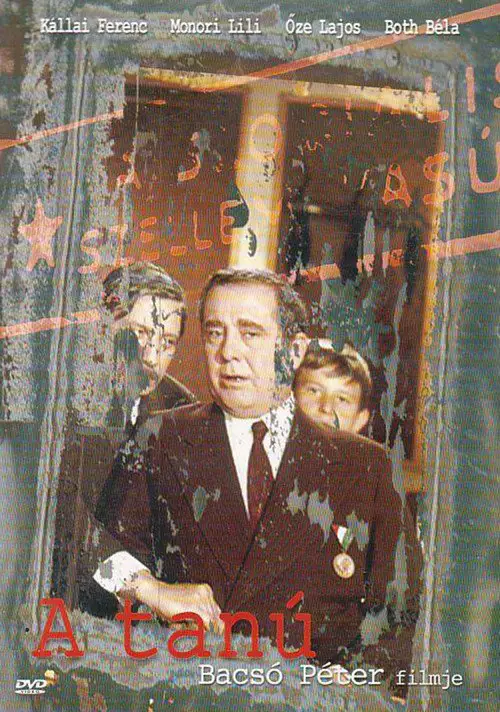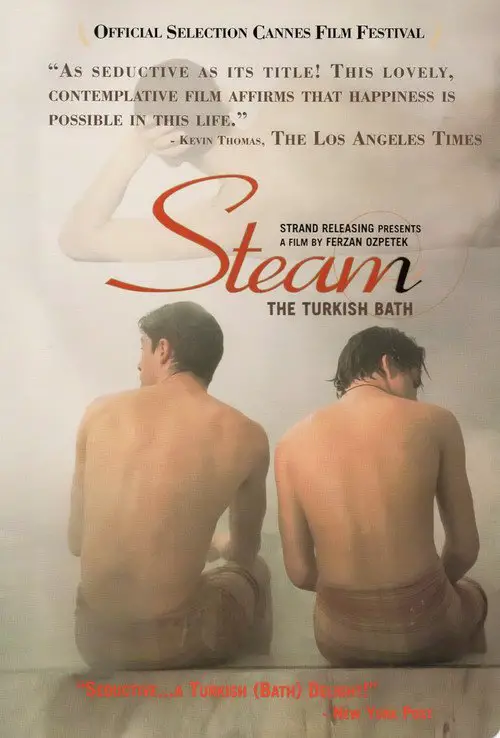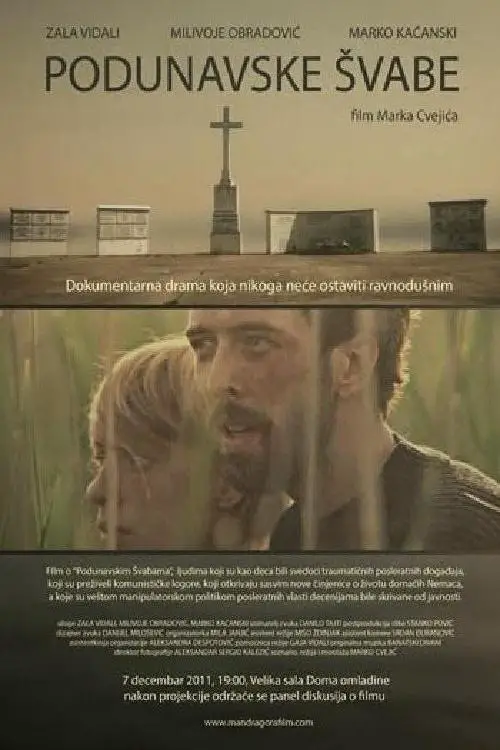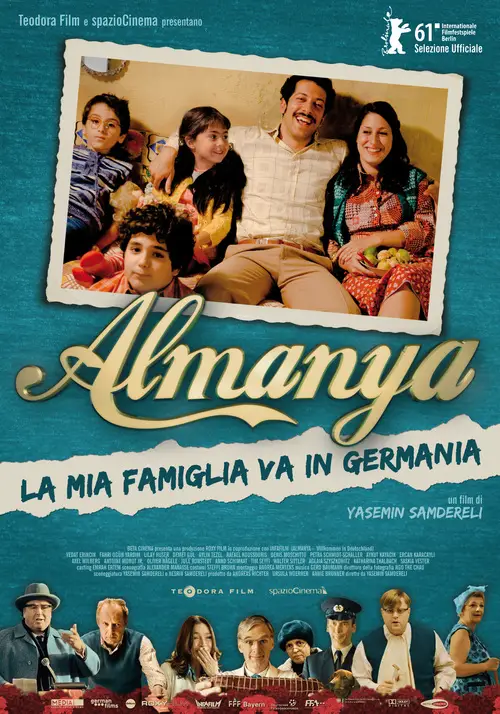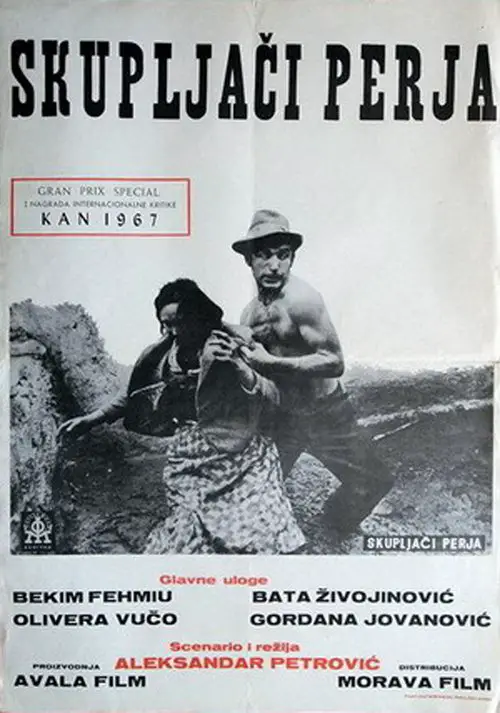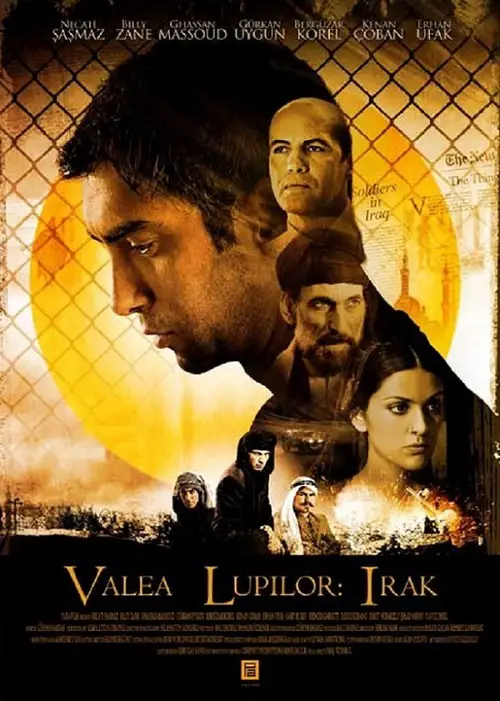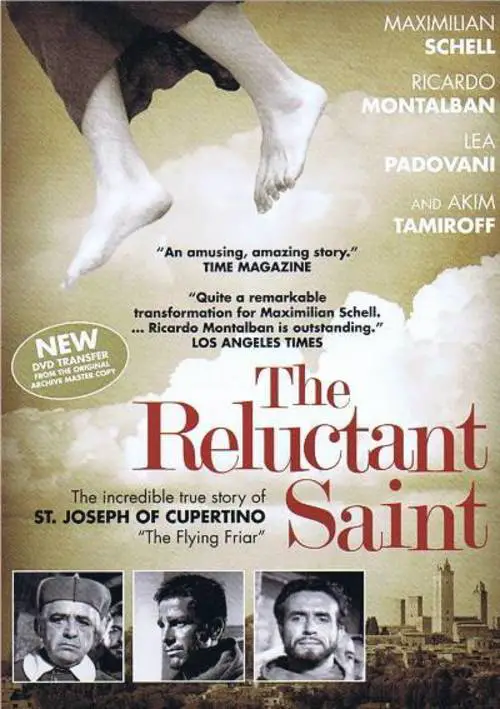The Month of Dreams (2017)
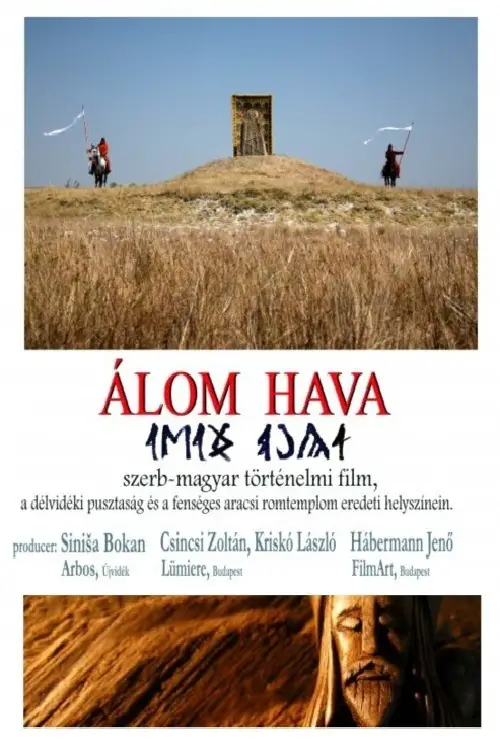
Similar movies
As World War I rages, brave and youthful Australians Archy and Frank, both agile runners, become friends and enlist in the Australian and New Zealand Army Corps together. They later find themselves part of the Dardanelles Campaign on the Gallipoli peninsula, a brutal eight-month conflict which pit the British and their allies against the Ottoman Empire and left over 500,000 men dead.
Children of Glory will commemorate Hungary's heroic Revolution of 1956, and takes place in Budapest and at the Melbourne Olympic Games in October and November of that year. While Soviet tanks were destroying Hungary, the Hungarian water polo team was winning over the Soviets in the Olympic pool in Melbourne, in what has been described as the bloodiest water polo match in history.
A chronicle of the life of Yasui Santetsu, a 17th century master of go who turned his attention to astronomy and created a new calendar for Japan. Based on the life of Santetsu Yasui (December 27, 1639-November 1, 1715), appointed as the first official astronomer in the Edo Period and would go on to create the Jokyo calendar at the imperial request.
The film is based on the second book from the Adventures of Erast Petrovich Fandorin series of novels written by the Russian author Boris Akunin. The film takes place in 1877 during the Russian-Turkish war. Erast Fandorin has just escaped from Turkish prison and is trying to get on the Russian side as soon as possible to give important information about the upcoming attack of the enemy. On his way he meets Varvara Suvorova, a young lady who is going to see her fiancée - a soldier of the Russian army. Erast also knows that there is a spy somewhere in the Russian army, everyone is under suspicion.
Political and sexual repression in Hungary, just after the revolution of 1956. In 1958, the body of Eva Szalanczky, a political journalist, is discovered near the border. Her friend Livia is in hospital with a broken neck; Livia's husband, Donci, is under arrest. In a flashback to the year before, we see what leads up to the tragedy. Eva gets a job as a writer. She meets Livia and is attracted to her. Livia feels much the same, but as a married woman, has doubts and hesitations. In their work, they (and Eva in particular) bang up against the limits of telling political truths; in private, they confront the limits of living out sexual and emotional truth.
One of the doyennes of Hungarian film deals with a dark period of national history: the Soviet regime in Hungary. She portrays it through the fate of the former prime minister and national hero, Imre Nagy. The script is based on the diary written by Imre Nagy, and the memories of his daughter, Erzsébet Nagy, as well as authentic documents and records.
The czar of Russia has died and a power vacuum has developed. This period in the late 16th and early 17th century has been called "The Time of Troubles." There are many impostors who claim to the right to rule, but there's only one heir, the Czarina Kseniya Godunova. She has married a Polish military leader who wants to claim the Russian throne in her name so he can rule all of Russia. As the Poles move in on Moscow in an attempt to install the czarina on the throne, Andrei, a serf with a life-long infatuation of the czarina attempts to save her from her brutal Polish husband.
A friendship started in childhood in Thessaloniki firstly turned into being comrade in arms and then a half-century brotherhood and fraternity following the same ideals until the death upon proclamation of the Republic; Ataturk & Salih Bozok Veda Ataturk (The Farewell Ataturk) is the story of a brotherhood, portrayal of milestones in Ataturk's life and the story of a commander commanding a generation that challenged the death to save the homeland.
During the Civil War in 17th-Century England, a small group of deserters flee from a raging battle through an overgrown field. They are captured by an alchemist (Michael Smiley), who forces the group to aid him in his search to find a hidden treasure that he believes is buried in the field. Crossing a vast mushroom circle, which provides their first meal, the group quickly descend into a chaos of arguments, fighting and paranoia, and, as it becomes clear that the treasure might be something other than gold, they slowly become victim to the terrifying energies trapped inside the field.
Based on a true story set in 1948, customs officer Mehti is faced with the duty of formally setting up the border between Turkey and Syria, dividing his hometown. He is unaware of the pain that will eminently unfold, as families, languages, cultures and lovers are both ripped apart and clash head on in a village once united.
This is a story of strange, impossible, inexplicable love between a Muslim Turk woman and a non-Muslim Bulgarian man. Ivan (the Bulgarian) is a pure and romantic young fellow, who gets caught up in the so-called "regeneration process" (when ethnic Turks' names were forcibly changed to Bulgarian ones). He is responsible for the official seals, which is required to issue the new identity documents after the forced name changes. The schoolteacher Ayten tries to steal the seals, thinking that this way she can slow down the ethnic genocide. Their unexpected and unusual meeting brings these two characters together and makes them fell close, forcing Ivan to take a fateful decision -he must either "rename" Ayten, or face the consequences if he does not.
Banovic Strahinja takes place during the middle ages in Serbia. While estate owner Strahinja is hunting, a Turkish bandit, Alija, attacks his castle. The Turks kill his servants and kidnap his beloved Andja. When he discovers what has happened, Strahinja gathers a together a group of scoundrels and chases the bandits.
Five Jewish Hungarians, now U.S. citizens, tell their stories: before March, 1944, when Nazis began to exterminate Hungarian Jews, months in concentration camps, and visiting childhood homes more than 50 years later. An historian, a Sonderkommando, a doctor who experimented on Auschwitz prisoners, and US soldiers who were part of the liberation in April, 1945.
During the Sarikamis Battle, the Ottoman army runs out of ammunition and appeals to the people of Van for help, who happen to have supplies. However, the First World War is on and all men are fighting at four corners of the empire and therefore can not respond to to the appeal. The young children of Van want to do something...
In the year of our Lord 1678, Sweden is plagued by countless wars and a dysfunctional royal rule. One night, the young and devout Nils losing everything he holds dear and tragedy drives him on a quest for vengeance. It will be a raid, which makes him snap cock and participate in one of Scandinavia's bloodiest wars ever free!
Battle of Kosovo (Serbian: Boj na Kosovu) is a 1989 Yugoslav historical drama/war film filmed in Serbia. The film was based on the drama written by poet Ljubomir Simovic. It depicts the historical Battle of Kosovo between Medieval Serbia and the Ottoman Empire which took place on June 15 (according to the Julian calendar, June 28 by the Gregorian calendar) in a field about 5 kilometers northwest of Pristina.
Rasputin is one of the most interesting people in the world during the early 20th Century. He was also one of the most enigmatic and contradictory. A holy man who was accused of raping a nun, excessive drinking, and being power hungry. Barrymore's portrayal of Rasputin plays this up, plus making claims that he will be Russia. He seems almost like Charles Manson at times in the way he can make someone, especially the Czarevitch, behave like they are totally different people compared to the way they acted before meeting Rasputin.
After the murder of the Russian Emperor Peter III, who was succeeded by Empress Catherine, Satan decides that the balance between good and evil on Earth has been destabilized. In order to set things right, he sends his representative to Earth - the teacher Farfa, who bears an unusual resemblance to Peter III. His mission is to seize power from the old Duke of Montenegro, and then to take back the Russian throne as Peter III. The people of Montenegro accept Farfa as their new leader, and he proclaims himself the new Emperor, Scepan Mali, successfully resisting an invasion by the Turks. Farfa is touched by the Montenegrins' kindness and courage, falls in love with the beautiful Elfa, and fails to follow Satan's plan. Not one to be crossed, Satan sets out to kill him.
Following With Fire and Sword', this is an adaptation of the second and most spectacular part of Sienkiewicz's trilogy of warfare, romance, and derring-do. With war raging across Europe in the 17th century, a dashing warrior fights for the heart of a young gentlewoman. With almost four hundred actors, thousands of extras and twenty three thousand costumes, this is one of the most popular films in Polish cineman and received an Oscar nomination for Best Foreign Feature.
Over the course of a year, film follows Vancouver Pride Society president Ken Coolen to various international Pride events, including Poland, Hungary, Russia, Sri Lanka and others where there is great opposition to pride parades. In North America, Pride is complicated by commercialization and a sense that the festivals are turning away from their political roots toward tourism, party promotion and entertainment. Christie documents the ways larger, more mainstream Pride events have supported the global Pride movement and how human rights components are being added to more established events. In the New York sequence, leaders organize an alternative Pride parade, the Drag March, set up to protest the corporatization of New York Pride. A parade in São Paulo, the world's largest Pride festival, itself includes a completely empty float, meant to symbolize all those lost to HIV and to anti-gay violence.
Palestine, 1917. The British advance has been stopped by the Turkish line running from Gaza to Beersheba. The latest attack on Gaza has failed. The attacking forces included a regiment of Australian mounted infantry, the Light Horse... Lighthorseman Frank is wounded in a skirmish with Bedouin. He is replaced by a young soldier, Dave, who proves to be a crack shot, but reluctant to fire at the enemy. Dave proves himself during a German biplane attack. Recuperating in hospital, he meets a sympathetic nurse, Anne... The regiment is called upon for a bold flanking attack on Beersheba. But how do you convince the Turks the main attack will come at Gaza? And how do you attack across a desert without water?
This romantic and grandiose historical film depicts the era of the constant incursions and heroic battles fought by the defenders of the castle of Eger, led by captain István Dobó, against the heavy odds of superior numbers through the lives and love of Bornemissza Gergely and Cecey Ãva. Gergely is inaugurated as a fighter already at the age of 7, when he escapes the captivity of the half-eyed Turk, Jumurdzsak, with Vica and the war-booty. In thirty years' time he becomes the first assistant of captain Dobó and the brain of the castle in the defence of Eger.
NELU, a man in his forties, works as a security guard in the local supermarket in Salonta, a small town on the Romanian-Hungarian border. This is the place where many illegal emigrants try to cross, by any means posible, to Hungary and then further to Western Europe. One morning, NELU will âfishâ something different out of the river: a Turkish man trying to cross the border. Not able to communicate verballly, the two men will somehow understand each other. NELU takes the stranger to the farmhouse, gives him some dry clothes, food and shelter. He doesnât really know how to help this stranger. The Turkish man gives NELU all the money he has on him so he will help him cross the border. Eventually, NELU takes the money and promises he will help him cross the border tomorrow, MORGENâ¦
Vlad Tepes is a great hero, but when he learns the Sultan is preparing for battle and needs to form an army of 1,000 boys, including Vlad's son, he vows to find a way to protect his family. Vlad turns to dark forces in order to get the power to destroy his enemies and agrees to go from hero to monster as he's turned into the mythological vampire Dracula.
St. George Slays the Dragon (Serbian: Sveti Georgije ubiva aždahu) is a Serbian World War I drama. The movie starts with Kingdom of Serbia battling the remaining Turkish occupiers during the First Balkan War in 1912 and ends with the outbreak of World War I in 1914. The movie's central theme is a love triangle between the village gendarme ÄorÄe, his wife Katarina and the young disabled war veteran Gavrilo who was previously engaged to Katarina before he went to war and lost his arm in battle. Even though Katarina in the meantime married ÄorÄe, she still has affection for Gavrilo. At the onset of World War I, all able-bodied men in the village are recruited for combat. Left in the village are only women, children and disabled veterans from previous Balkan wars. Rumours start circulating that the invalids in the village are trying to take advantage of the situation by making their moves on the women in the village â the wives and sisters of the recruited men.
Known as the best satire about communism, banned for over a decade in Hungary. 'The Witness' has become a cult classic, well received by critics and general audiences when it was finally released outside of Hungary. 'The Witness' takes place during the height of the Rákosi Era, which was closely modeled after the ruthless and brutal Stalin regime. The film follows the life of an ordinary dike keeper, József Pelikán, who has been caught for illegally slaughtering his pig, Dezsõ. Instead of doing hard time for his "heinous" crime, Pelikán is elevated into an important position, generally reserved for the communist elite. His new benefactor, the mysterious Comrade Virág, is reluctant to reveal the real reason behind Pelikán's preferential treatment. Thus, begins Pelikán's hilarious adventure deep within the "sophisticated" communist society... Until one day, when he gets called for to return the "favour" by falsely testifying against his long-time friend in a mock-up show trial.
A docudrama about The Danube Swabians, descendants of the youngest German tribes who, moved to the territory of Vojvodina in the 18th century looking for a better life. The story follows their destiny from the very beginnings of their settlement in this region, through their situation during the WW2 and to the present time. The film tells the story of Maria, a girl who is a descendant of The Danube Swabians. She comes to Vojvodina to find the old house of her grandfather, who was exiled after the War. There she meets a local guy named Misha who helps her in her journey. Together they travel throughout Vojvodina meeting witnesses of traumatic post-war events who have survived the communist camps. During their adventure, they discover completely new facts about The Danube Swabians that have been hidden from the public for decades.
After living 45 years in Germany, the Turkish Hüseyin Yilmaz, seventy, announces to his family that he has bought a house in Turkey and they should return to make the necessary reforms. The idea is unwelcome and causes very heated discussions. In addition, Canan, a granddaughter of Hüseyin, announces she is pregnant and the father is her English boyfriend, and no one knew anything. To comfort his cousin Cenk, a child of six years, which was humiliated at school and labeled as "foreign", Canan tells a fantastic story about how they left Turkey and went to Germany.
I Even Met Happy Gypsies is a 1967 Yugoslav, original Serbian title is SkupljaÄi perja, which means The Feather Gatherers. The protagonist, Bora, is a charming but mean-spirited gypsy, while his older wife, Lence, is submissive. Bora is in love with the younger Tisa, who is being offered in marriage by her father. The two get themselves in trouble and eventually have to flee. Tisa rejects her husband and she and Bora get married in the church, and their adventures continue. At the 1967 Cannes Film Festival it was nominated for the Palme d'Or and won the Special Grand Prize of the Jury and the FIPRESCI Prize. The film was nominated for the 1968 Academy Award for Best Foreign Language Film and for the Golden Globe Award for Best Foreign Language Film. Bekim Fehmiu also won a Golden Arena award for Best Actor at the 1966 Pula Film Festival for his portrayal of Bora.
The movie opens with a fictionalized depiction of a real-life incident: the arrest on July 4, 2003 of 11 Turkish special forces soldiers and 13 civilians by U.S. forces of the 173rd Airborne commanded by Colonel William C. Mayville in the northern Iraqi Kurdish town of Sulaymaniyah. The Turkish soldiers suppose that this is an ordinary visit from their NATO allies. But this time is different.
Directed by Edward Dmytryk, The Reluctant Saint is based on the life of Saint Joseph of Cupertino. When young Giuseppe Diesa (Maximilian Schell) is sent to work at a monastery circa 17th century Italy -- his parents believed he was mentally challenged -- he surprises a local bishop by his incredible relationship with the monastery's animals. Believing this merits a traditional religious education, he is taken in and taught to pray, with miraculous results. His spiritual energy apparently allows him to levitate, which impressed many, and terrified others. ~ Tracie Cooper, Rovi
This film, adapted from a work of fiction by author Tracy Chevalier, tells a story about the events surrounding the creation of the painting "Girl With A Pearl Earring" by 17th century Dutch master Johannes Vermeer. A young peasant maid working in the house of painter Johannes Vermeer becomes his talented assistant and the model for one of his most famous works.
© Valossa 2015–2026
| Privacy Policy

